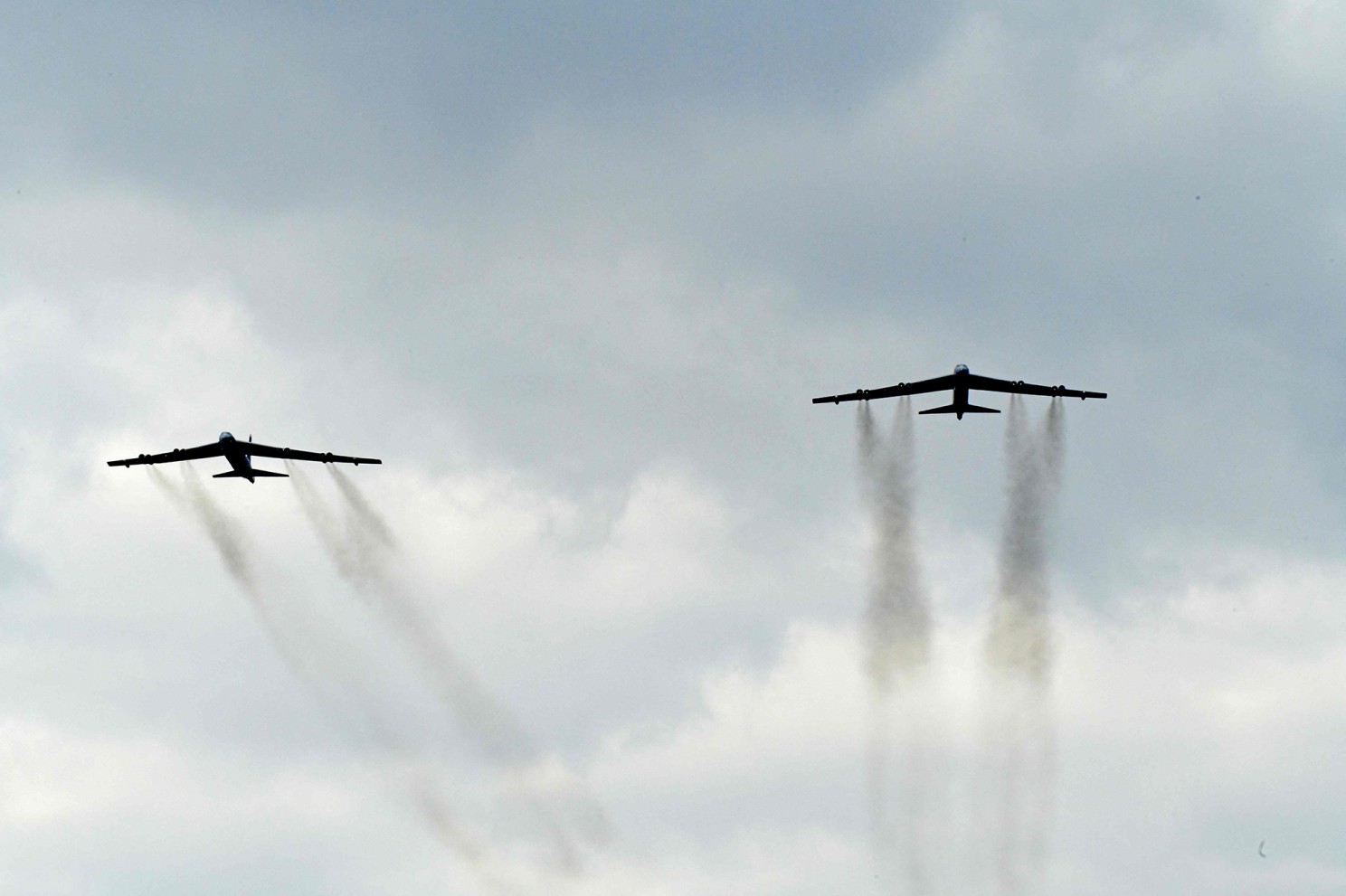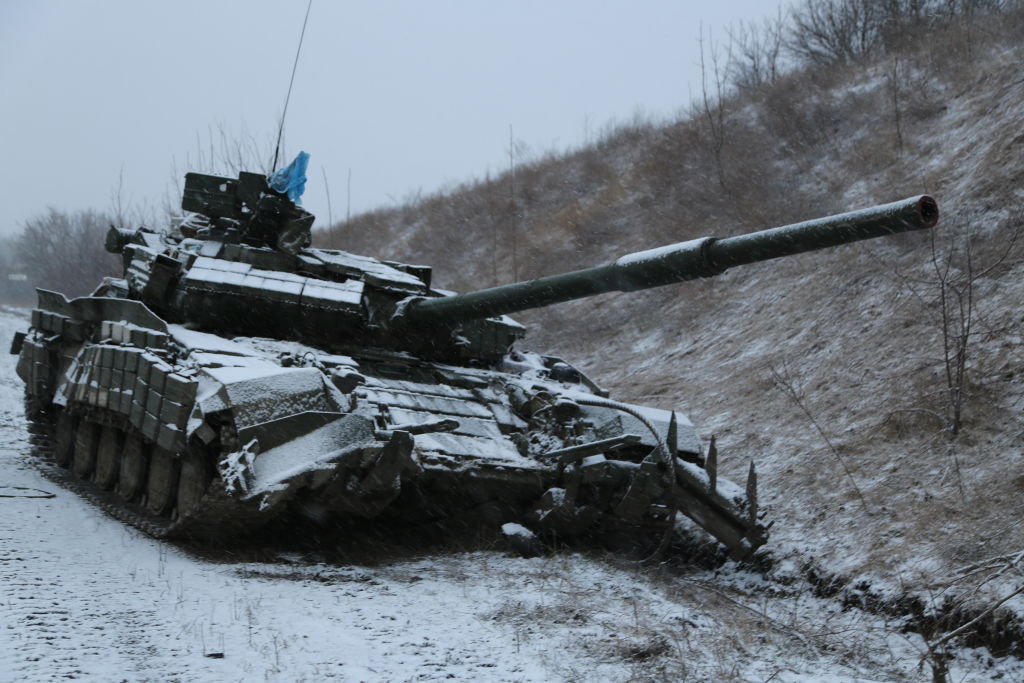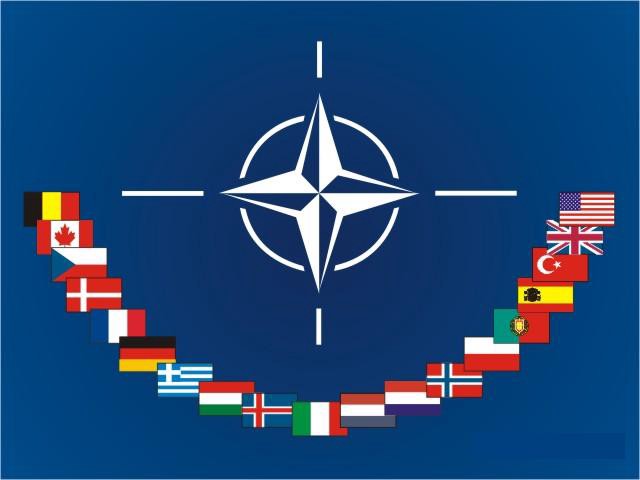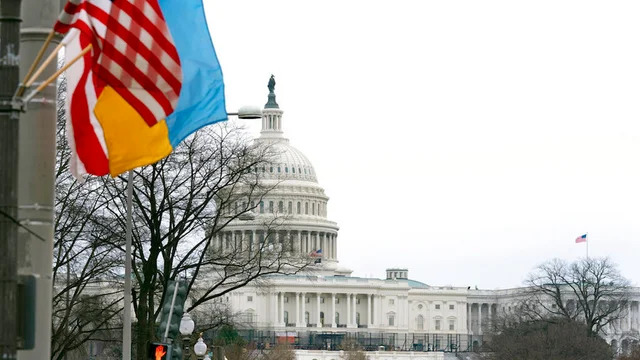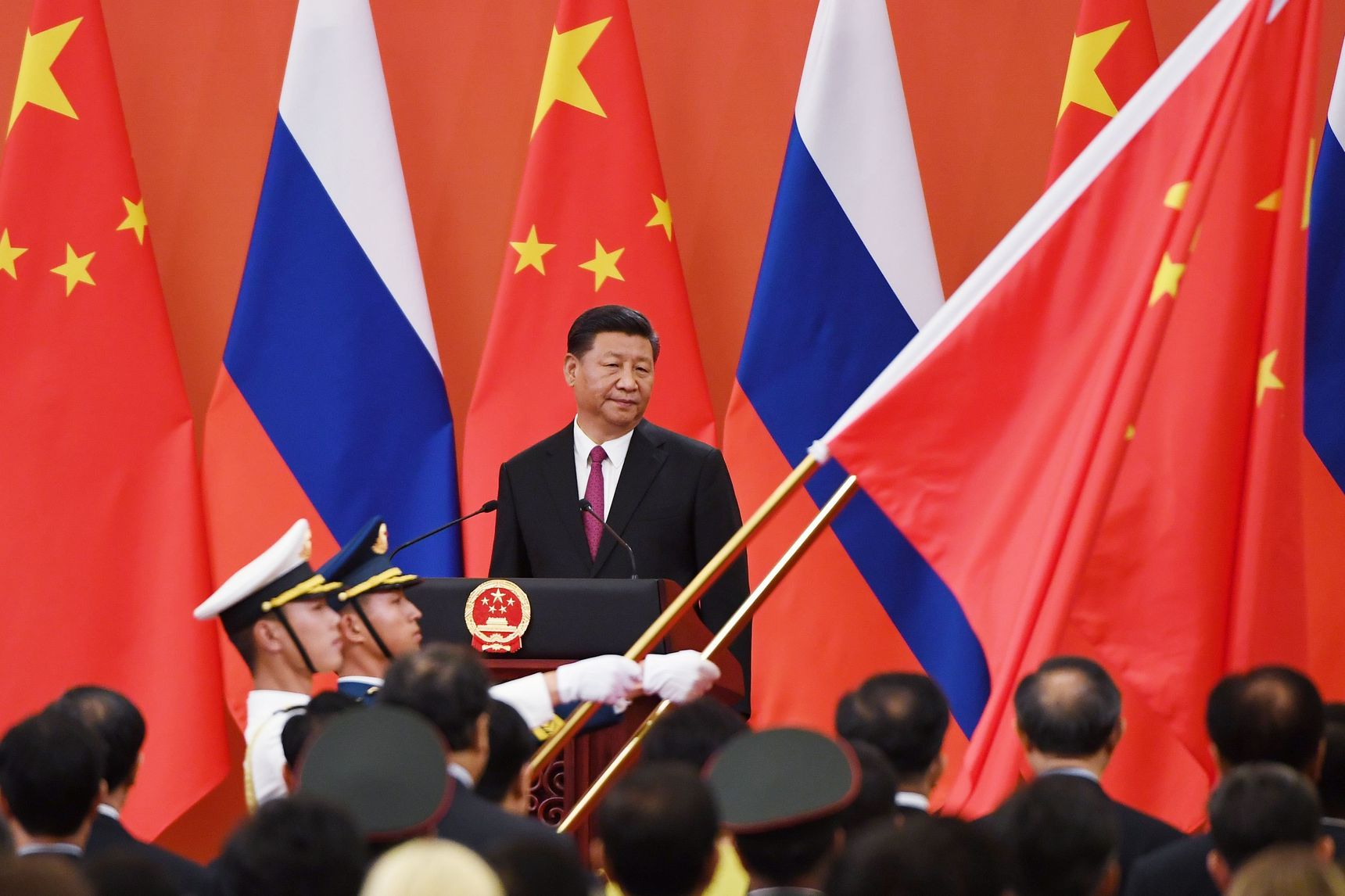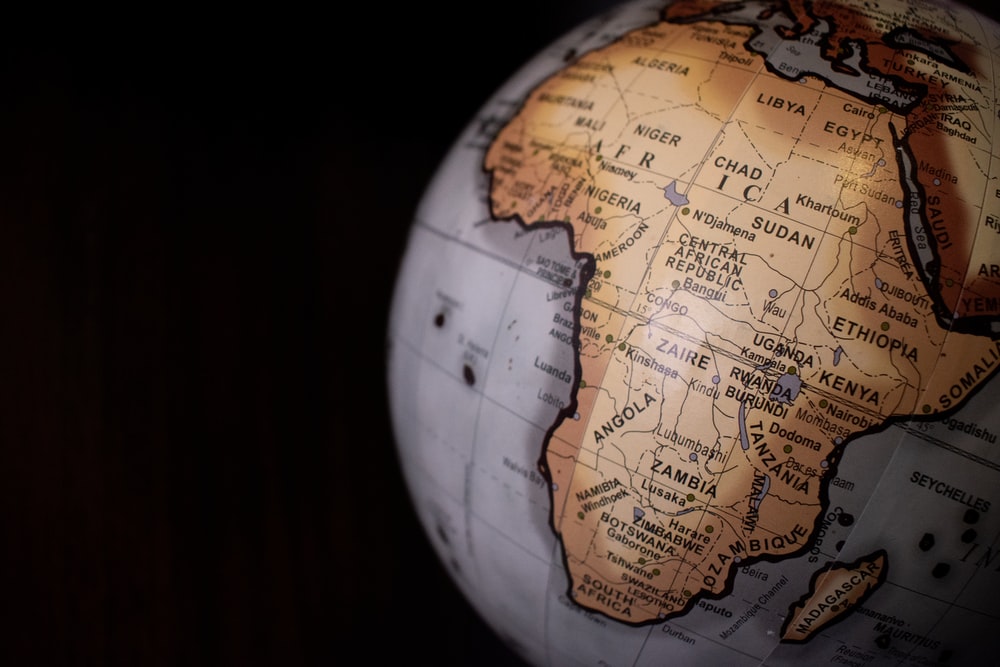By Dr. David Wurmser
One of the most intense and potentially most important battlegrounds of the new Cold War between the United States and China is sub-Saharan Africa. Absent from the competition, the United States, and for the most part Europe, Japan and other Organization for Economic Cooperation and Development (OECD) countries as well, have largely ceded the entire sub-Saharan continent to China over the last few decades as part of China’s amorphous Belt and Road slogan. And yet, at the same time, the OECD lands need with great urgency to begin to find alternatives to raw and rare materials to replace those coming from either Chinese or Russian origins. In this context, the United States and its OECD allies have little choice but to consider how the stability and development of sub-Saharan Africa, the proper husbanding of its resources, and the development of its ports are becoming a vital US interest.
The bad news is China has spent several decades anchoring its dominance on the continent. China is not just ahead of Europe and the US; the latter two are not even on the playing field yet. The good news is two-fold. First, China’s heavy-handed and exploitative behavior has left many African nations bristling and seeking to reorient to the West, provided it pursues appropriate development strategies while leveraging their resources. Second, rapid shifts in the energy sector – both in terms of focusing on non-hydrocarbon energy production (such as nuclear) as well as the rise in importance of energy storage in addition to production – are transforming global industry but demanding many raw materials still untapped which have remained out of China’s grip in Sub-Saharan Africa. The United States, leading its OECD allies, thus, has an opportunity as well as need to develop a strategy to gain a foothold on the continent which will serve as a model to offer African nations a different, more mutually beneficial path than that offered by the exploitative Chinese Belt and Road campaign.
Background – Chinese neo-Imperialism in Africa
Over the last decades, China has aggressively pursued its interests in sub-Saharan Africa under the ”Belt and Road” slogan. To a lesser extent, Russia has cultivated its ties as well. While the precise meaning of China’s “Belt and Road” slogan is at best misty – perhaps intentionally so — the pattern under which China operated was clear and consistent. China offered the promise of vast economic development by building grand infrastructure projects, starting with the Chinese financed and built “Tazara” railway project in 1975 to transport primarily copper to the Tanzanian coast from landlocked Zambia. China began the pattern of a trifecta win for itself: 1) witheringly indebting countries, 2) exporting its own labor and goods to build the railway, which then 3) serviced China’s keen interest in securing a critical resource, which in this case was copper. Recent rail projects dominated by China are the Kinshasa-Mombasa port railway in Kenya, and the Addis Ababa-Djibouti railway in Ethiopia and Djibouti ports – essentially granting China control of Africa’s Indian Ocean coastal ports from the Red Sea to the Tanzanian coast. China’s EXIM bank provided 70 percent of the funding for this grand project.
These projects are often of highly dubious utility, but China offered to provide the funding, the expertise, materials (capital equipment) and even labor force to execute the projects. As such, it essentially exported internal Chinese labor pressures and guaranteed export of Chinese equipment at the cost of a foreign country’s incurring insurmountable debt. Of course, these grand projects involved very little local labor or industry, ensuring that the Chinese labor market and its industrial export sectors would be the prime benefactors.
The infrastructure built was thus grand but basically useless other than for the Chinese, and most became unmaintainable boondoggles that in the end left nations with jumbo debts and white elephant memorials. The Addis Ababa-Djibouti line, for example, was billed and sold to these two nations as the spine of a new Africa rail network to service the passenger pressures emanating from the rapidly urbanizing African population. And yet, this rail network carries only about 84,000 people per year last year – far less than the Washington, DC subway carries in one day. This essentially leaves only freight service of consequence, most of which services Chinese firms extracting raw materials from Africa to fuel and supply industry and employment in China, leaving almost no economic and industrial growth in Africa itself. Overall, this project is returning only about USD 40 million in revenue per year, while the cost of operating the line is USD 70 million. There is a similar story with the Nairobi-Mombasa line in Kenya, 90% of which was financed by China’s EXIM bank to the tune of USD 4.7 billion.1 Not only are both Ethiopia and Djibouti unable to even begin recouping enough money to begin to pay the debt on initial investment and construction expenses (Kenya is unable to pay the USD 245 million loan payment due already on its railway to China), but both are continually hemorrhaging more money per year on the gap between revenue and ongoing operating costs.2 The result: Djibouti became China’s first military base in Africa, turning the Horn of Africa into a Chinese strategic asset.
Essentially, these projects – the Chinese funded portion of which amounts to 42 percent of all construction and infrastructure spending on the African continent – have become a modern rendition of colonialism following the worst practices of the old colonial powers of a century or two ago. Having ironically originated in the 1955 Bandung Conference, which was ostensibly organized to de-colonialize the world from Western imperial control, these projects are predatory and serve exclusively Chinese economic and strategic interests, not those of Africans.
There was also a geopolitical dimension to this ensnarement via debt. China was quick to follow by leveraging the debt and the attending erosion of sovereignty not only to secure access and control local resources (rare earth as well as critical raw materials), establish dominance in many critical ports, but also to demand fealty in global international institutions, such as UNESCO, the UN Human Rights Commission or the UN General Assembly and Security Council itself – leading to such embarrassments as Tedros Ghebreyesus to lead the WHO.
Recently, China forged new alliances with Iran and Turkey, reducing both to dependence on Beijing in exchange for Beijing’s floating their sinking economies. This not only strongly positioned China as a dominant player along the old silk and caravan routes of Central Asia and the Near East, especially in Pakistan and Afghanistan, but it further entrenched Chinese control in sub-Sharan Africa by exploiting Iranian/Hizballah networks in sub-Saharan Africa and Turkey’s machinations in eastern Africa (Somalia especially) and the Maghreb (such as western Libya), as well as Turkey’s robust port operations companies. As such, the West now finds itself having essentially surrendered sub-Saharan Africa, its nations, its resources and its ports strategically on the eve of an era of heightened geo-political tensions.
And yet, China may have seized the wallets and resources of the African continent, but they have not won the hearts and minds. China – and many of its admirers among the Western elites — may tout the success of its “soft-power” influence strategy, but underneath, China is really facing a soon-to-erupt geyser of pent-up local resentment at indebtedness, loss of independence, and the exploitation of resources in ways that produce neither African wealth nor local industrial development. The emerging resentment to China’s heavy-handed subordination of African economies has opened unprecedented opportunities to the West to reenter the continent, provided it is done so on a very different footing than the Chinese and encourages local wealth accumulation and industrial development in ways that help these nations regain their independence.
Industrial and Strategic Shifts Changing the Role of Africa
The United States officially began to take note of this gathering danger and rising opportunity on the African continent during the Trump administration. The NSC under Ambassador John Bolton coordinated with Ambassador Peter Pham at State (Secretary
of State Mike Pompeo’s Sahel region and de facto Great Lakes/sub-Saharan Africa point person) to developing a strategy to help states across Africa break their entrapment via “predatory” debt to China and to some extent Russia as well. The strategy was first revealed in December 2018 by Ambassador Bolton at a speech to the Heritage Foundation. Apparently, the classified version of the strategy outlined was reported to be far more expansive and specific.
Bolton described China thus in targeting this strategy:
“China uses bribes, opaque agreements and the strategic use of debt to hold states in Africa captive to Beijing’s wishes and demands. Its investment ventures are riddled with corruption and do not meet the same environmental or ethical standards as US development projects.”
After Ambassador’s Bolton’s departure, Matthew Pottinger at the NSC (Deputy NSC Adv) continued to coordinate with Pham to try to bend the IMF — by campaigning to secure a sympathetic leader there in order to restructure sovereign debts and begin to challenge China’s domination of the African continent via indebtedness. But the problem was that the IMF and other US structures (and especially US NGOs who were under the sway of George Soros) placed demands on these African leaders for restricting loans that were tantamount to their endangering their own power. Dangling the prospect of governmental suicide is hardly an effective enticement to strategically reorient toward the West away from China or Russia. As such, the effort launched by Bolton and Pham, and furthered by Pottinger, faced a constant headwind that left only minor initial progress by the end of the Trump era. Still, the contours remained and, as Ambassador Pham noted, continuity in Africa policy historically persists between administrations, and it likely will continue to some extent going forward into the Biden years.
But substantial changes in industry and patterns of demand of raw materials offer the West a brief window to break China’s grip on Africa. Specifically, the transformation of the energy sector from exclusive focus on energy production to additional focus now on energy storage changes the mix of raw materials in high demand. While China has locked up many sources of critical raw materials in sub-Sharan Africa, it did not entirely anticipate the speed with which a new category of raw materials would be demanded – such as lithium and graphite. Having left such critical materials still up for grabs is a strategic lacuna of China’s and a great opportunity of ours. It leads to a unique opportunity for the West to try to help African nations, many of whom bristle with great
resentment not only at their loss of sovereignty to China but also at the complete absence of China’s use of local labor or industry, to wean themselves off of Chinese debt, build wealth through the export of these raw materials, allow for local employment and ultimately give African nations the ability to leverage the wealth to finally develop their economies properly. And a coherent strategy with our allies to help some of these nations — starting with some sort of littoral foothold — to mine, develop industry to employ locals, and build modern and efficient port structures not only will further contribute to local employment, but also help begin the process of nudging China out of critical areas.
The Great Lakes Basin as a Foothold for Change
There are several potential openings in Africa at this point, but the Great Lakes Basin and adjacent lands might be a place to start. One of the key principles upon which Bolton, Pham and Pottinger focused was the need to replace the predatory practices of China and Russia with genuine development policies that allow local African governments to become more independent, accrue national wealth and genuinely grow the local economies and expand local industry and employment.
With the vast debt, however, with which China has saddled many of these nations, they must carefully but aggressively leverage their natural resources to build national wealth, wean themselves off Chinese debt, and establish sovereign wealth funds as vehicles to grow the prosperity and reinvest revenues in their economies and when necessary and economically prudent, build out infrastructure.
While the politics of some nations can be challenging, the geology of the Great Lakes Basin is particularly promising. Burundi, in addition to copper, nickel, cobalt and vanadium also has rare earth elements. Its Waga, the Musongati and the Nyabikere deposits rich in nickel, cobalt and copper – are all critical for energy transmission and storage — are already owned by the UK’s Kermas Group rather than China. The Democratic Republic of Congo is the source of a great deal with the world’s copper and cobalt.
And then there is Tanzania, which has substantial deposits of the critical raw materials of graphite and lithium. The Great Lakes Basin, especially Tanzania, might thus represent an interesting place to begin. The graphite resources in Tanzania are naturally recurring jumbo-flake deposits, which are practically non-existent elsewhere other than synthetically produced but are critical for the nuclear power industry, particularly in encasing spent nuclear fuel.
Flake graphite is also critical for making lithium-ion batteries, but even more necessary in making fuel cells, meaning any eco-friendly vehicle requires it. Not only is graphite — which in Tanzania occurs as a very pure deposit — as a whole critical for so many industrial sectors at this point, as its strength and light weight allows for replacement of metal, but the jumbo-flake graphite occurring in Tanzanian deposits are also critical for the nuclear power industry.
As the current limits on wind and solar power become apparent, the move away from hydrocarbons by Western economies will highlight the continued importance of nuclear power. Over time it is likely that the demand for the materials needed to supply the nuclear power sector will only grow in importance as many nations begin to realize there is no path to green energy that also includes rapid and total simultaneous elimination of both all hydrocarbon and nuclear power. Germany will soon discover that its decision to shut down its last power plants was a significant misstep in strategic and energy policy. It reduced Germany to dependence on Russian natural gas supply just as the Ukrainian crisis began in earnest. It is hard to imagine that Germany will likely not eventually be forced to reconsider this decision. France, in contrast to Germany, has already realized the continued potential of nuclear power. President Emmanuel Macron announced on February 10, 2022, that it will place a priority on reinvigorating its nuclear power industry to usher in a French nuclear industry “renaissance.” And even the United States over recent weeks has returned to considering nuclear power as a “green” energy, and thus a rehabilitation of our nuclear power industry appears more desirable. Indeed, even Secretary of Energy Jennifer M. Granholm said in early February that, “U.S. nuclear power plants are essential to achieving President Biden’s climate goals and that the DOE is committed to keeping 100% clean electricity flowing and preventing premature closures.” The more the OECD lands return to nuclear power, the more they will value many of the resources the Great Lakes Basin hold, not the least important of which is the jumbo-flake graphite deposits of Tanzania.
As far as infrastructure to extract these materials or downstream industrial use of them to develop local industry there needs to be a focused port through which to send these products to the world. Sadly, Djibouti has allowed the Doraleh container port to fall to Chinese control, and thus the Horn of Africa. But the strategicallylocated port of Dar Es-Salaam, which is a deep water port in a strategically critical area, is still out of China’s grip and adds to Tanzania’s importance, especially given how Tanzania suddenly finds itself in possession of two critical raw materials of great value over which China has not yet asserted control.
So by serendipity of geopolitics, economic change, and supply demands, Tanzania manifests a unique nexus between a government which is eager, indeed very eager, to wean itself off of Chinese debt, has world class resources that service growing industrial demand in exactly those materials that can be tapped and used as a foundation not only to extract itself from that debt but for broader industrial investment, and a geopolitically important location with direct access to the sea and the potential for making Dar Es-Salaam a major West Indian Ocean port and hub. These resources can help in what might be considered a US “foothold” strategy, wherein the combination of Tanzanian government willingness and export resources availability with rising global demands, and a critically strategic port can be combined under US and European encouragement to become a foothold and serve as a model for other nations in the sub-Continent to strip China of its influence and dominant presence as well as deny China, along with Russia, their domination over critical resources. Adding the other Great Lakes Basin countries to this bloc can create an industrial/resources development zone with its own port structure, to anchor an African revival and US strategy.
Conclusion
It is likely that in the coming years, the emergence of a new Russian civilizational challenge to the West will combine with the increasing assertiveness of Chinese communist leaders to painfully remind the West that its geopolitical inattentiveness and excessive reliance on cheap production costs in China had led it to be highly vulnerable to geopolitical blackmail. Supply chains, raw material access, energy production and storage capabilities, mining capacity among other things are now preserved only at the indulgence of these emerging adversaries.
As the ensuing threat is more broadly realized, the West will begin to mobilize, both in terms of reconstituting its power, but also addressing its geopolitical position, reinforcing its structure of alliances, strengthening its global presence (including in a network of port structures) and remedying its supply chain dependencies.
At the same time, there will be dramatic shifts in the mix of industries and materials needed. On the one hand, change from production alone to linked production-storage-use structures in the energy sectors, and the rise of a new cluster of materials (hitherto of far more limited use if any) needed for cutting edge industries – such as neodymium for new non-polar magnetic structures in quantum computing – will change our understanding of the geography of economic reliance. For example, lithium mines will become as strategically important as oil wells. These changes will make parts of the world important that were hitherto largely ignored.
In short, the West finds itself with a great economic and strategic opportunity if it embarks on a plan to partner with an African nation or nations who seek to regain their independence from China’s tightening grip. And this can serve as a foundation for the West to establish a foothold.
But with one significant caveat.
Predatory haughtiness burdens China and Russia in their relations with Africa. Africans are beginning to see their “altruism” for what it is: neo-colonialism. As such, when Ambassador Bolton unveiled the new Africa strategy in 2018, he carefully noted the predatory nature of China’s involvement, and emphasized the need for partnership with the US rather than control by it. And it was consistent with a broader change in US policy globally in the last several years. The US had always correctly used the language of partnership and decolonization, but in practice, our diplomacy and strategic posture was based on control. It was perhaps a function of the Cold War when containment demanded a tightly controlled alliance structure to damn up Soviet expansion and maintain a stable cordon around it. But any policy on Africa that aims to succeed will assert American leadership and strategic confidence, but at the same time demonstrate to Africans that we are the antithesis of Chinese Communist haughtiness or Russian


